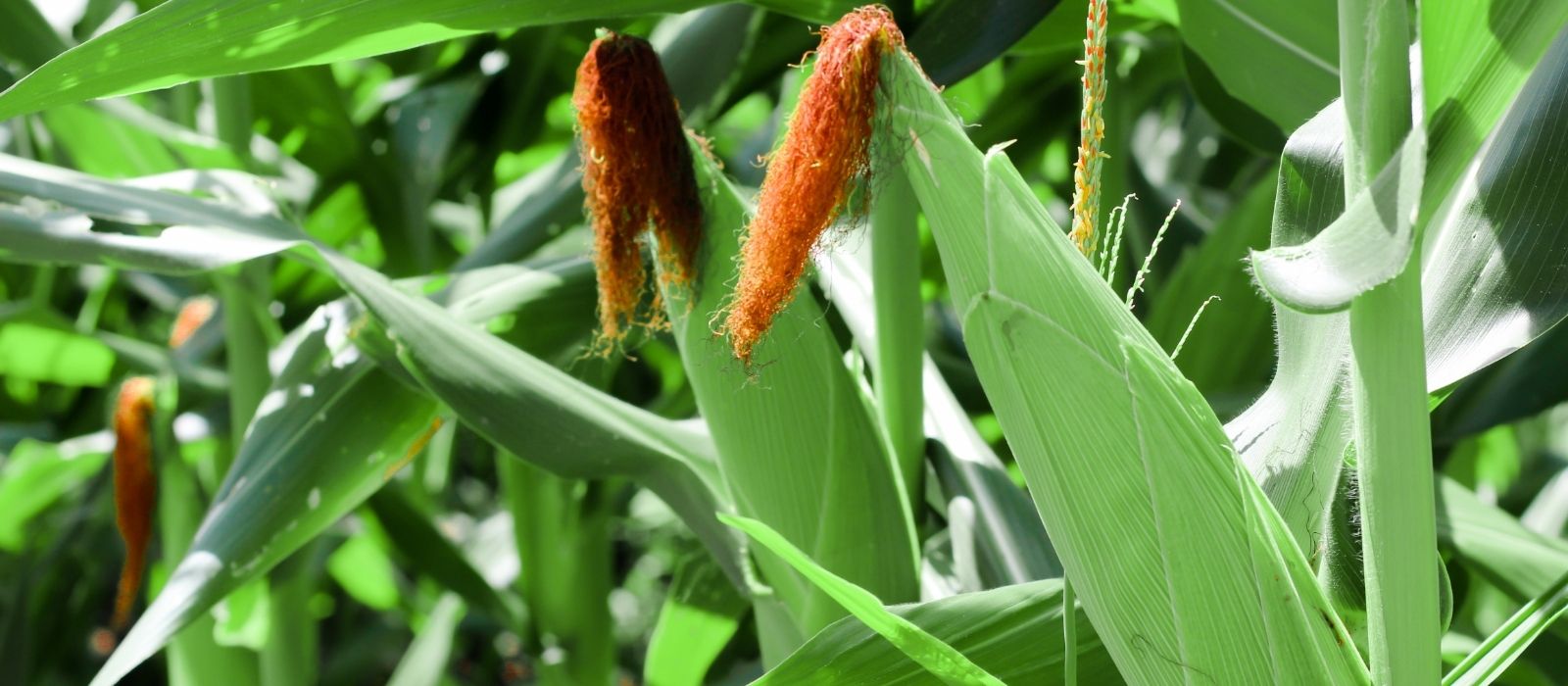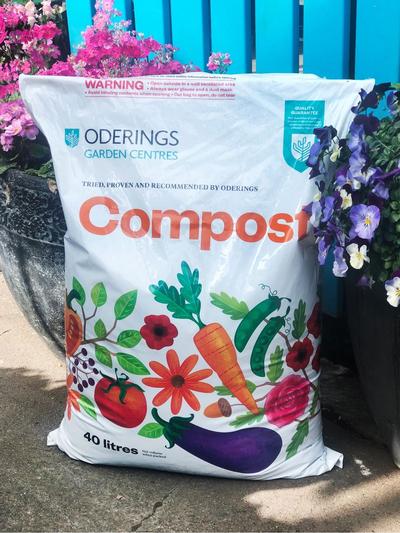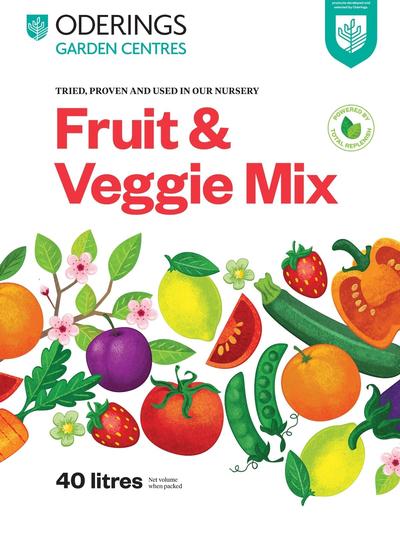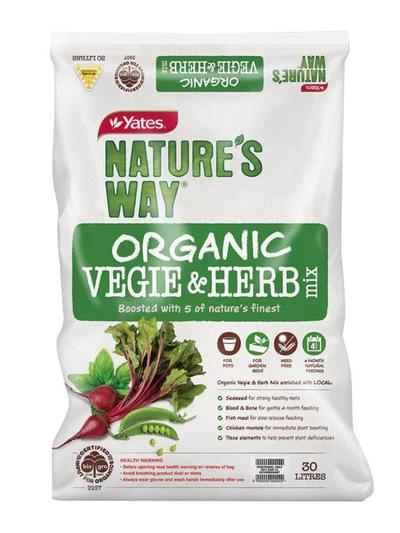
Growing corn, eggplants, and cucurbits can be tricky, but with the right knowledge and preparation, you’ll soon be enjoying a bumper crop of these delicious veggies. These plant families share some essential care requirements to help you get the best results. From temperature to soil, we’ll cover the key points for growing these plants successfully.
Position
Corn, eggplants, and cucurbits are all warm-weather plants that need plenty of sun to thrive. Plant in a spot with at least six hours of sunlight daily. If your garden doesn’t offer enough sun, pots can be a great alternative—especially for eggplants and cucurbits—allowing you to move them around to capture more light.
Prepare Soil
Garden: For optimal growth, incorporate plenty of compost and sheep pellets into your garden soil to ensure it's rich in nutrients. These plants need well-drained soil, so ensure the ground isn’t too compacted. For the best results, aim to plant in moist soil but not waterlogged.
Pots: To help ensure healthy root development, use a well-draining mix, such as Oderings Fruit & Veggie Mix. Consider using large pots to accommodate the plant's root systems, especially for cucurbits and eggplants.
Feed
Garden: These plants benefit from regular feeding to support their growth, especially as they begin flowering and producing fruit. Use organic fertilisers or slow-release products in the spring when the plants are getting established. Be sure to follow instructions to avoid overfeeding.
Pots: Feed your potted plants with a liquid fertiliser balanced for vegetable growth. Apply it regularly during the growing season, especially once the plants start producing.
Watering & Mulching
It’s essential to water plants regularly, but avoid overwatering, especially when they’re young. Corn, eggplants, and cucurbits like consistent moisture but dislike soggy roots. Increase watering as fruits develop to help them swell, but reduce slightly at harvest to enhance flavour.
A layer of organic mulch around the plants helps retain moisture and maintain consistent temperatures. Mulch is especially important for cucurbits like pumpkins, squash, and watermelons to prevent fruit from sitting on the ground and rotting.
Protection
Frost and Wind: All these plants are extremely frost-tender, so wait until the last frost has passed before planting outdoors. Wind is also a significant enemy, especially for cucurbits and eggplants. If you must plant in a windy area, consider using windbreaks or planting later in the season to avoid damage.
Harvest
Corn: Corn grows best when planted in blocks (3x3 plants or more) to aid pollination. The best time to harvest corn is when the ears start to move away from the stem at a 45° angle. Let the corn ripen on the plant, which will have the best flavour.
Eggplants: Eggplants thrive on a long, hot summer and usually mature in three months. Black PB bags can help warm the soil, especially in colder climates like Christchurch, ensuring a good crop. Harvest eggplants when shiny and firm, but don’t wait too long, as they will become bitter.
Cucurbits: For cucurbits (cucumbers, pumpkins, squashes, etc.), the general rule is to plant as late in the season as possible. November is ideal for most varieties. Timing is key as cucurbits are very sensitive to frost and cold winds.
Garden Expert Tip
Cucurbits, especially cucumbers and pumpkins, are moisture-hungry plants, and underwatering can result in poor crops. Mulching around the base of the plants and regularly picking cucumbers and gherkins will help encourage new fruit to form. Keep a close eye on your plants, as some varieties (like zucchini) can quickly transform into marrows if left too long, so harvest regularly.








